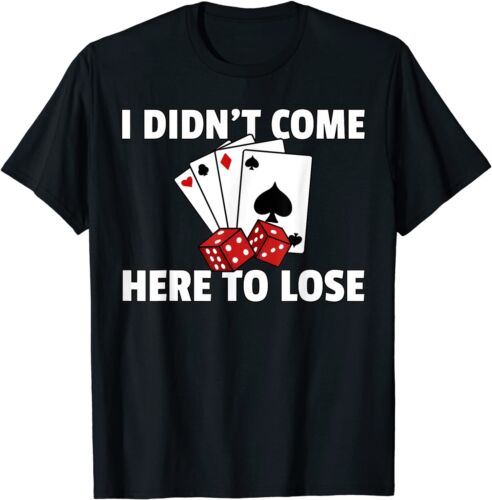In the last of our Texas Hold ‘Em articles for the month of November, we were talking about some common mistakes that online poker players made and how to avoid them. After our talk, you will be glad to know that there are some ways to make sure you do not lose your shirt when you play in small no-limit Texas Hold Em tournaments.
The first mistake to avoid is to play too many hands. Any good player knows that they should not be playing more than 20%-25%. However, many players will try to play more than this number, thinking that it is good in order to play more in the event they have a lucky hand. It is never advisable to play more than 20%, especially in the beginning of a no-limit tournament. Starting with a good hand means the ability to play in tune with your opponents. If you are always reloading your chip stack with bad hands, then you are risking your chance of winning because your opponents are competent enough to match your starting hand.
Next, to avoid bleeding chips from paying too close attention to your cards when you play, never play after you have made a raise. What I mean by this is, if you have a hand, you should not be playing weak cards just to recover your chips from your opponents. What I mean by this is, you should play only the best hands, and the majority of the time you will not be good enough to win with the cards you have.

The last thing to remember is, the point of a no-limit tournament is to accumulate chips. As long as you are out early in the hand, you are probably going to lose chips. Therefore, if you think you have a good hand, you should not be playing weak cards early, and you should wait for the best cards to play. Likewise, a player that is making a comeback after being broke again at some point is not playing with skill. Either way, the cards do not fall your way, you should fold and save your chips for another hand.
Next, a sensible strategy for the first round of betting in a no-limit tournament is to call more often than you should. Why call when you can raise? Simple. If your opponent bets and you call, you can end up putting in some serious money in the pot. Whereas, if your opponent checks, you can represent a strong hand by checking right back. yields a better outcome for your chips.
However, if you do not follow this rule, you are going to find yourself in a lot of trouble when you encounter a good hand late in the tournament. Because, in the process of phoning your bluff, it is likely that you will end up against a good hand from your opponent, one that is likely to call or re-raise with a good hand.
This is the reason that you should wait for the second round of betting to come, especially if you are likely to face a raise or an all-in after your bluff has failed. Therefore, if your plan calls for it, try to get all your chips in the pot during the second round of betting. Then, you can call them on their raise or possibly option to call through the whole hand if your hand is not strong enough. If you execute this strategy, you will again have saved your chips and possibly eliminated your opponent from the tournament.
Call for a free card
The first round of betting offers you two options. To call, which means to place an additional bet on top of the current pot, or to fold, which means to remove your hand from the game. Call is the better of the two choices, but if you are not getting any cards, if the pot is big enough, you can always say to yourself, “call me, I’ll be all-in later if I have to.”
There are times when calling is the best option. Phrasing it that way gives the impression that you are weak and not confident with your hand. When your opponent thinks you are weak, he is going to push all-in.
All-in whenever you feel you have the best hand.
The push is an important play. To play it, you need to have a monster hand. You can’t afford to give your opponent a free card. As a rule of thumb, you should have a monster hand around every 5 minutes. If you don’t, you should fold.
Don’t give your opponent a free card if you have a decent hand. Remember what I said about waiting for the best hand? If your hand is vulnerable, you should wait for the best hand.